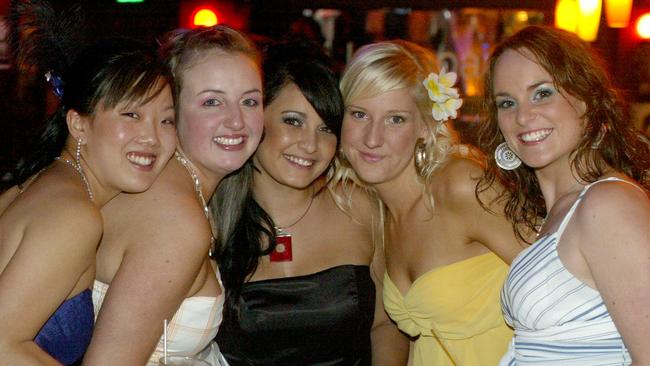Memories of Adelaide’s Sugar after the nightclub was forced to close after 20 years
Did you ever spend a night partying at Sugar? In honour of the landmark city nightclub’s closure we’ve taken a look back at its heyday. See the gallery and submit your photos.
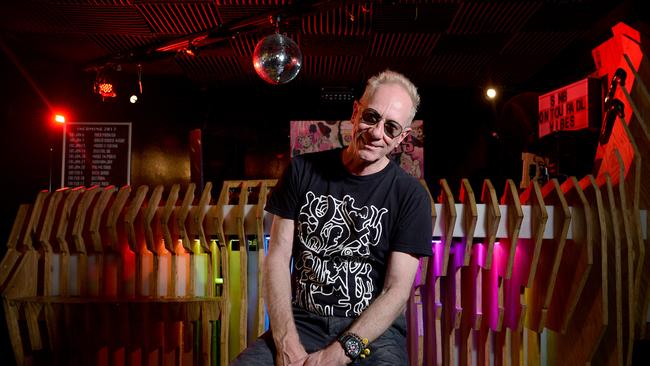
SA News
Don't miss out on the headlines from SA News. Followed categories will be added to My News.
Sugar was the iconic, celebrity-studded Rundle Street nightclub where music, memories and matches were made for exactly 20 years – even longer if you count the venue’s former incarnation as Q Bar – until insurance woes caused its closure this month.
Under the guidance of proprietor and turntable guru Driller Jet Armstrong, some 375 international and interstate guest DJs and musicians manned the decks or performed at Sugar over the past two decades.
Hundreds of launches, parties, shows and events – not to mention thousands of games of pool – were held within its walls as fashions and sounds evolved over the past two decades.
We’ve trawled through our archives to put together this sweet gallery of candy-filled moments – but we need your help to put the icing on this Sugar cake.
Send your photos and memories here.
BITTERSWEET END TO CITY STALWART SUGAR
Landmark city nightclub Sugar will be forced to close its doors permanently this weekend – a day after celebrating its 20th anniversary – because of skyrocketing insurance premiums.
Owner, DJ and artist Driller Jet Armstrong said Sugar’s public liability premium had risen almost sevenfold – from $32,000 a year to $220,000 – since the Covid-19 pandemic began in 2020.
“It’s going to be a big issue for anywhere that has a dancefloor,” Armstrong said.
When Sugar was forced to temporarily shut because of the ban on dancing during the first wave of Covid, Armstrong said one of the ways he had to save money was by cancelling its long-running insurance policy, which had cost about $32,000 annually for 18 years.
Last year, when Sugar reopened, it had to seek a new policy and was finally able to secure public liability insurance for $93,000.
“That company, Liberty of London, are moving offshore from Australia and are not going to be insuring any more Australian businesses,” Armstrong said.
“We’ve been searching since April, and the only policy we can get is $220,000 for a year – which is just extortion.”
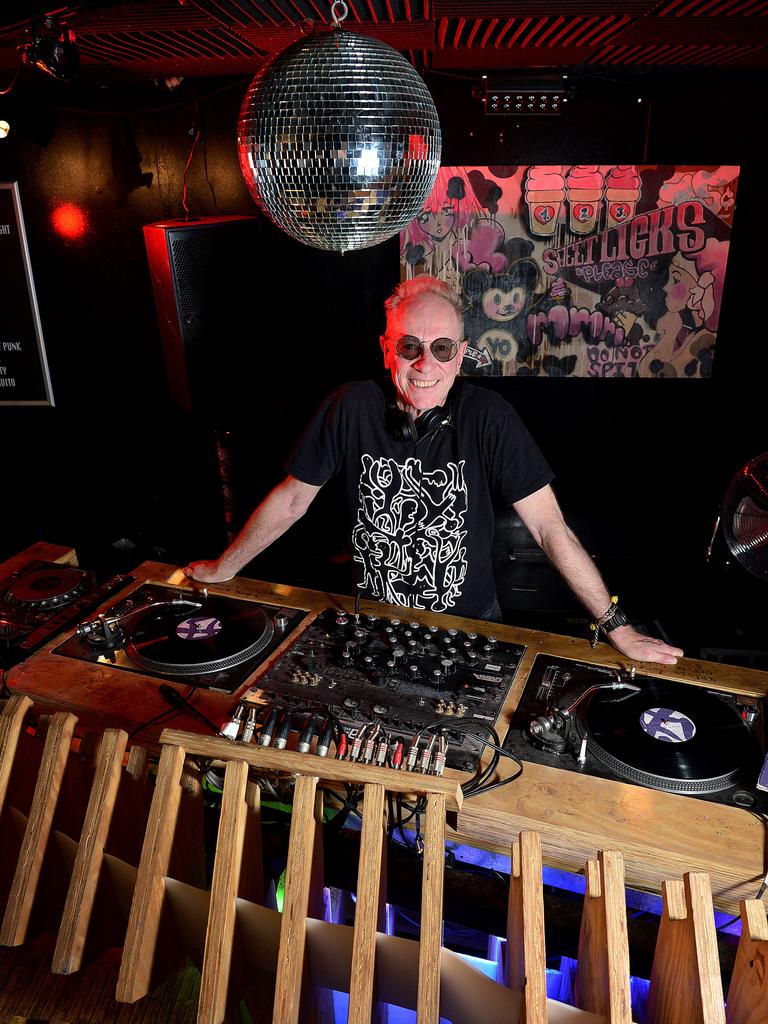
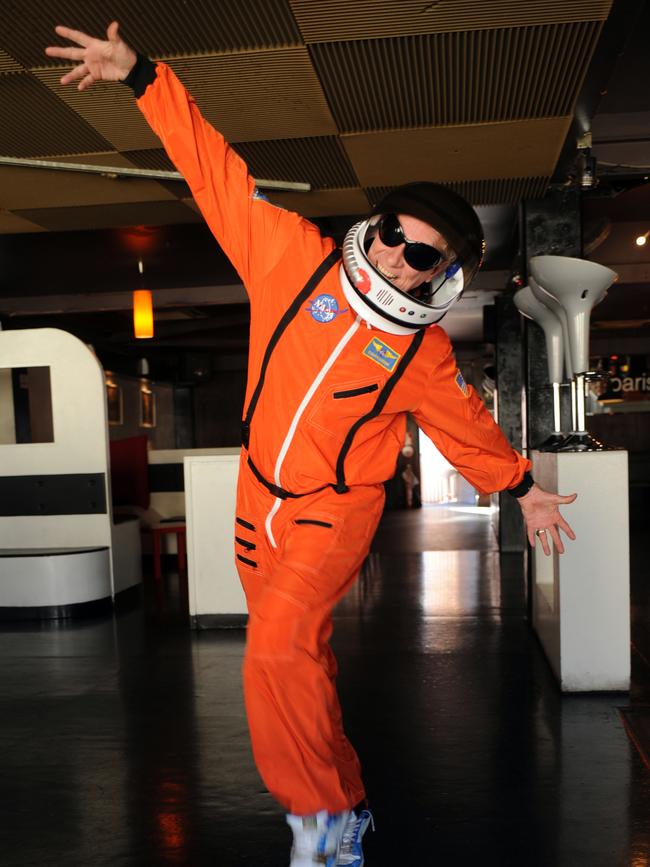
Some other venues may have been able to maintain their pre-Covid policies with lower premiums, Mr Armstrong said.
“But there are venues that are closing all around the country – I’ve heard a figure of 400.”
Sugar literally rose from the ashes of the former long-running Q Bar, which had just been rebuilt and reopened after a fire in 2001, in the same upstairs venue on Rundle St.
Armstrong said it had only been able to afford last year’s insurance because of a $100,000 live music venue grant from the previous Marshall government.
However, the current government had told Armstrong it could not assist all businesses with insurance.
“In 1972, (then premier) Don Dunstan created SGIC for this very same reason,” Armstrong said.

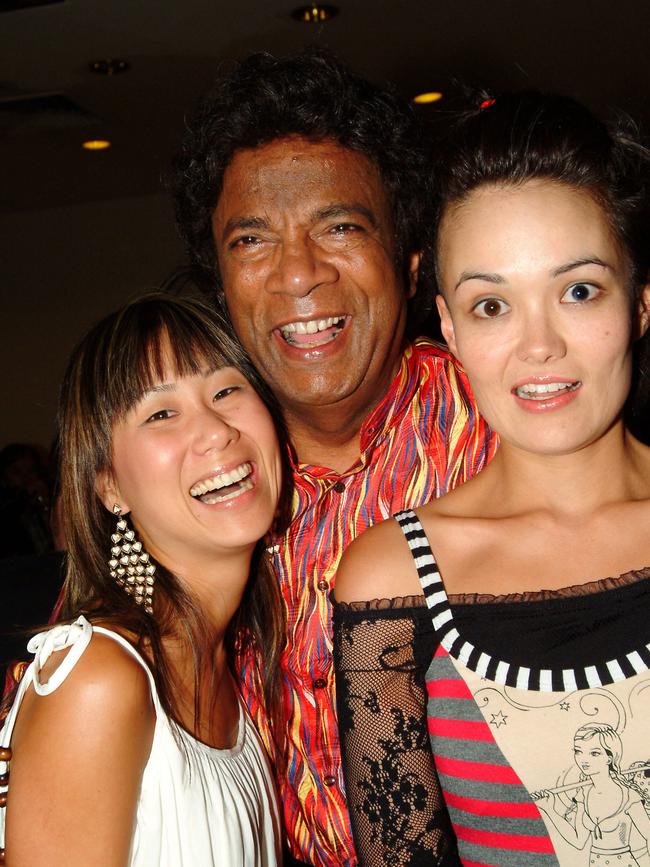
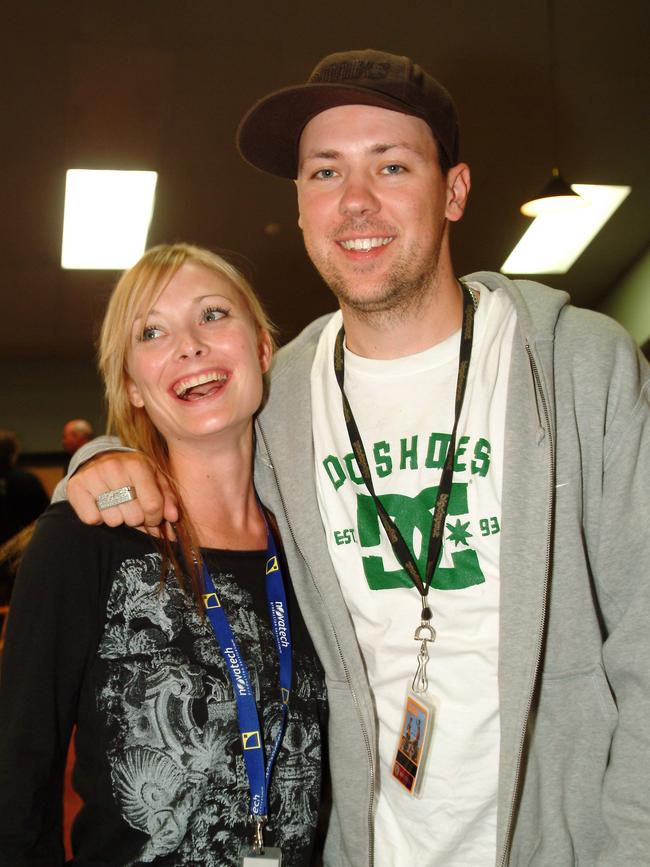
As part of its lease, the club is required to have $20 million cover in public liability insurance. The building’s landlord is now exploring other insurance options, but it may be too late.
Another challenge facing nightclubs was that many young people who turned 18 either just before or during the pandemic had not developed a culture of going out dancing.
“They missed out on the whole rite of passage over those two years, of going out with friends.”

While Sugar will be open tonight, last night was its combined 20th anniversary party and final “mic drop” with DJ sets by Driller, Nujeans, Gratts, Nan and Ebflow.
Armstrong is not certain what his future endeavours will involve.
“The list of international artists that we’ve brought to Adelaide is phenomenal over a 20-year period and something that I’m really proud of,” he said.
“Who is going to bring those artists to Adelaide now? This is a huge loss of culture here because having locals perform with international artists who are their idols is such a great inspiration to local producers and local musicians. That’s going to be gone.
“I could never have envisioned that this would be the way the club would end.”


